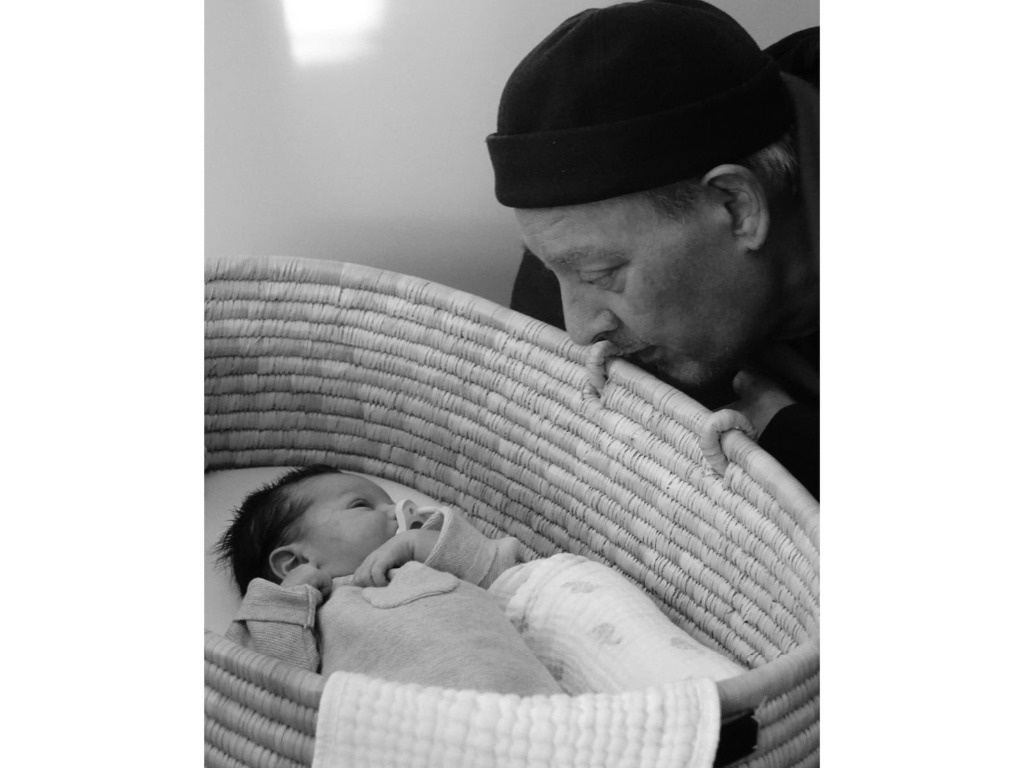Paul Auster he died at home, in a room he loved, the library, with books on all the walls from floor to ceiling, but also with high windows that let in the light. He died with us, his family around him, on April 30, 2024 at 6:58 p.m.
. This is how Siri Hustvedt described the last moments of her husband since 1981.
In a publication published this Thursday on her Instagram account, the novelist stated: I was naïve, but I had imagined that I would be the person to announce the death of my husband, Paul Auster. I discovered that even before his body was taken from our home, news of his death was circulating in the media and obituaries had been published.
.
She lamented that neither she, her daughter Sophie, her son-in-law Spencer or her sisters, to whom Paul loved like his own sisters and who witnessed his death, we had time to assimilate our painful loss. None of them were able to call or email their loved ones before the online shouting began. They stole that dignity from us. I don’t know the full story of what happened, but I know one thing: It’s wrong.
.
The renowned narrator Auster was diagnosed with lung cancer in December 2022 and began treatment shortly after. Last January, Hustvedt reported that his partner was discharged from the hospital and that there was no emergency then. Now, the poet also revealed that Paul never left Cancerland. It turned out to be, in Kierkegaard’s words, the disease of death. After the treatments failed, his oncologist offered him palliative chemotherapy, but he said no and asked for home care.
.
He remembered that Paul had had enough. But he never, neither with words nor with gestures, showed signs of self-pity. His stoic courage and humor until the end of his life serve as an example to me. He said several times that he would like to die telling a joke. I told him it was unlikely, and he smiled.
.
Hustvedt said that in his final days he would handwrite a letter to his grandson Miles. Our assistant and dear friend, Jen Dougherty, deciphered the texts after I had photographed them, and typed them up for him. She wanted it to be his last book. In a fit of determination, she managed to finish a letter and round out his text, but it is not long. With that he ended his life as a writer
.
She related that her husband Paul was above all a storyteller and also loved to tell stories, and It sometimes amused me to see how, as we sat together in doctor’s office after doctor over the last two years, he would go into that mode, go back to set the scene, and then move on to the fascinating story of his own illness.
.
The bones of the stories
Auster’s work, Hustvedt reviewed, “crosses borders because, although his novels and memoirs are dressed in the clothing of particular times and places and most of the time they take place entirely in the United States, the bones of his stories address issues that range from far beyond any here and now.
What does it mean to be alive? How can we blinded humans find a way forward when we are trapped by our own perceptual limitations? What is a moral act? And again and again, how do people move on after the terrible loss of a loved one? It’s an excellent question. How we do?
Hustvedt reflected.
He added that As his witness, friend, lover, fellow writer and first reader (as he was mine), I can only say that he wrote from the depths of feeling, from the dream spaces where great books are born, develop and end. They are not the spaces of prescribed conventions, of the novels and memoirs that come out of the creative writing departments of universities in the United States.
.
He expressed hilarity at “the stereotype perpetrated in the US media, and sometimes the UK media as well, of Paul Auster, the cold, intelligent, ‘postmodern’, ‘intellectual’ writer. This fabricated caricature is so foreign to both the person and the writings that I have known intimately for 43 years, and was, frankly, so confusing to him, that he simply couldn’t understand what it was about.”
He concluded the text with the final sentence of Auster’s last novel, Baumgartner, that when he read it to him: “I had the powerful feeling that he and I did not have much time left together, but notice the ambiguity, the soft irony, the rejection of the definitive, the absolute, the rigid or the categorical.
“Paul’s beloved elderly protagonist has been in a car accident: ‘And so, with the wind in his face and blood still oozing from the wound on his forehead, our hero heads off in search of help, and when he reaches the first house and knock on the door, begins the last chapter of the story of ST Baumgartner’.”
#letter #grandson #Miles #work #writer #Paul #Auster
– 2024-05-03 22:57:47
